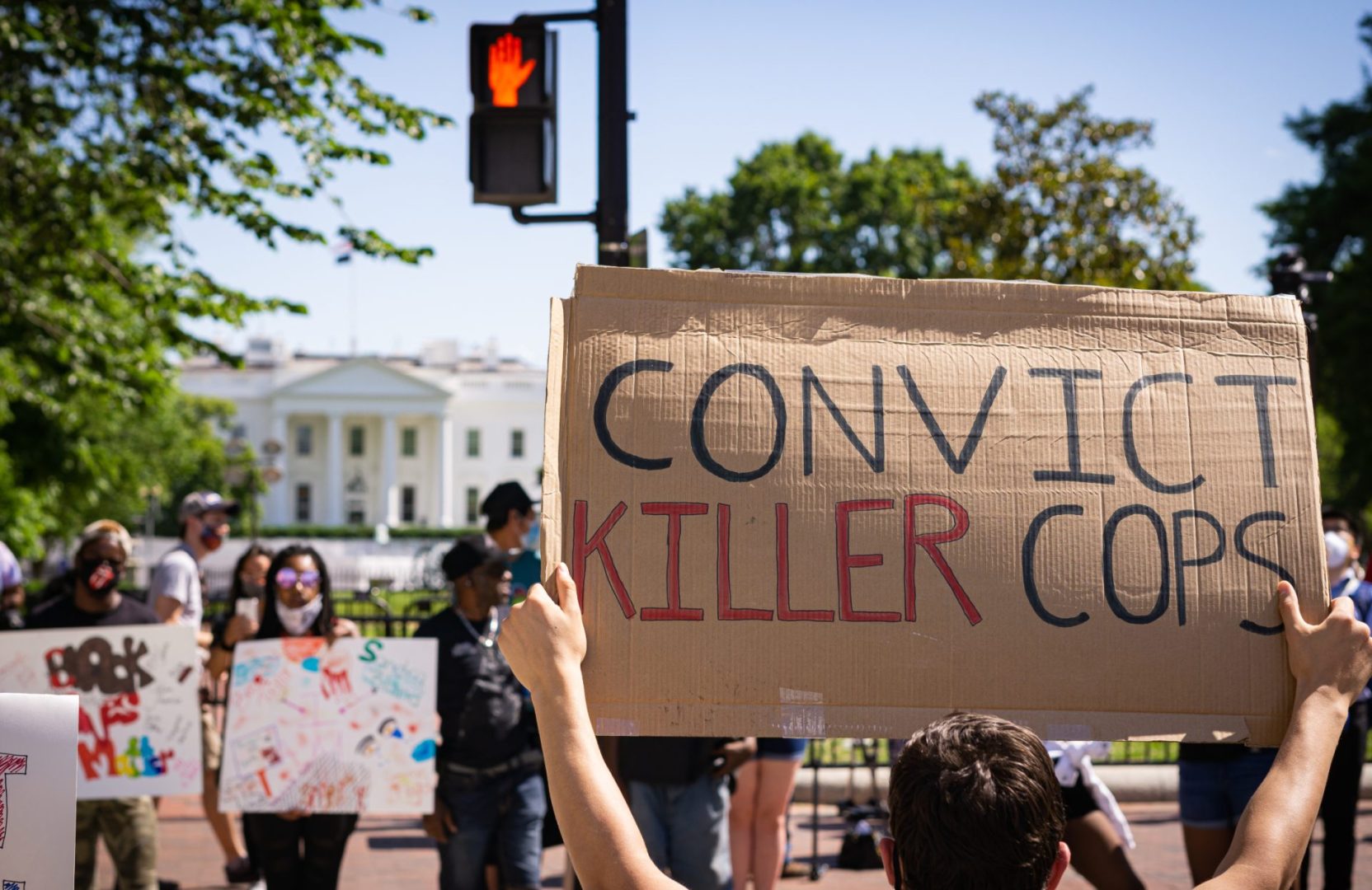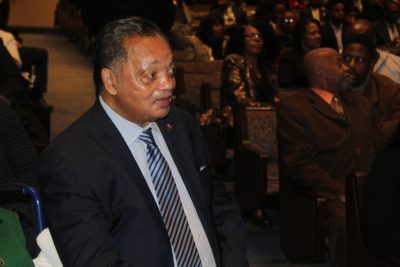The sentencing of Sir Maejor Page, founder of Black Lives Matter of Greater Atlanta, or BLMGA, to 42 months in prison for wire fraud and money laundering has reignited controversy around the financial management of social justice organizations. Coming on the heels of similar accusations faced by the national leaders of the Black Lives Matter movement — particularly regarding the purchase of a luxury home that was exposed in 2022 — this case raises critical questions about transparency and accountability within movements aimed at racial justice.
The rise and fall of Sir Maejor Page
According to Black Enterprise, Sir Maejor Page — born Tyree Conyers-Page — emerged as a vocal leader in Atlanta’s Black Lives Matter movement, gaining attention during the wave of protests following the killing of George Floyd in 2020. However, like the allegations that have shadowed national BLM leaders, Page’s story took a darker turn when it was discovered that he had been siphoning funds meant for the movement to fund his personal lifestyle.
Prosecutors revealed that Page used donations intended for BLMGA to finance personal expenses, including travel, designer clothes and a luxury home in Toledo, Ohio. The $112,000 used to purchase the house was part of over $370,000 that had accumulated in BLMGA’s account by July 2020, largely due to the surge in donations after Floyd’s death. Page’s case bears an uncomfortable resemblance to the controversy surrounding BLM’s national leaders, according to a 2022 exposé in New York Magazine, who have faced scrutiny for buying high-end real estate with funds linked to the organization by virtue of names, even though the money for the purchase came from a separate organization, namely Black Lives Matter Global Network Foundation.
The details of fraud
Page had registered BLMGA as a non-profit, reported Black Enterprise, using the organization’s public platform to solicit donations through GoFundMe and other crowdfunding sources. Despite this, evidence presented during his trial in April 2023 revealed that Page was the sole person managing the BLMGA bank account and had made no effort to consult other members of the organization about the use of funds. His claims that the money constituted a “reasonable salary” for his work were quickly dismissed in court. In reality, much of the money was funneled towards luxury goods, travel and the purchase of his Ohio home — expenses that Page regularly flaunted on social media.
The investigation, which began in April 2020 after a complaint was filed with the FBI, revealed a pattern of Page exploiting the BLMGA platform for personal gain. The court convicted him on one count of wire fraud and two counts of money laundering, resulting in his sentence to over three years in federal prison.
A troubled background
Page’s case has shone a light on his checkered past. Prior to becoming an activist, continued Black Enterprise, Page had a history of legal troubles, including multiple arrests for impersonating a police officer. His criminal record and questionable conduct raise doubts about his true intentions as a community leader, particularly when his actions further erode trust in a movement already facing financial scrutiny.
Page also dabbled in acting, appearing in an episode of “American Horror Story” before fully committing to activism. But his time as an advocate has ended in scandal, much like the controversies engulfing some of BLM’s most prominent national figures.
Impact on the Black Lives Matter movement
Page’s actions, along with similar controversies surrounding national BLM leaders, have deeply shaken the credibility of the movement. The revelation that leaders are using donations meant for grassroots activism to fund lavish lifestyles has sparked public backlash, leading many to question the financial oversight within these organizations. For activists on the front lines, this misuse of funds risks undermining the work they’ve done to bring attention to racial justice issues and damages the movement’s credibility among supporters and critics alike.
The case underscores the urgent need for social justice organizations to implement stronger financial oversight and ethical standards. Misuse of funds not only hinders the movement’s ability to make meaningful change but also emboldens critics who claim the movement is more interested in personal enrichment than social reform. As national BLM leaders also face intense scrutiny for financial misconduct, it becomes even more critical to restore public trust in these organizations.

















